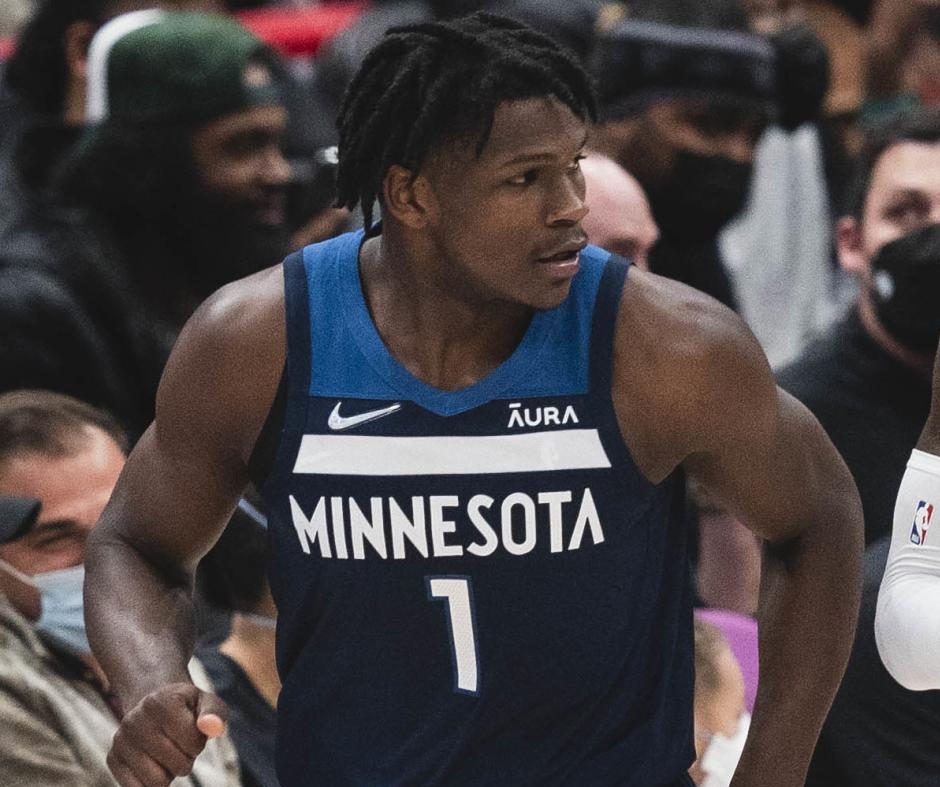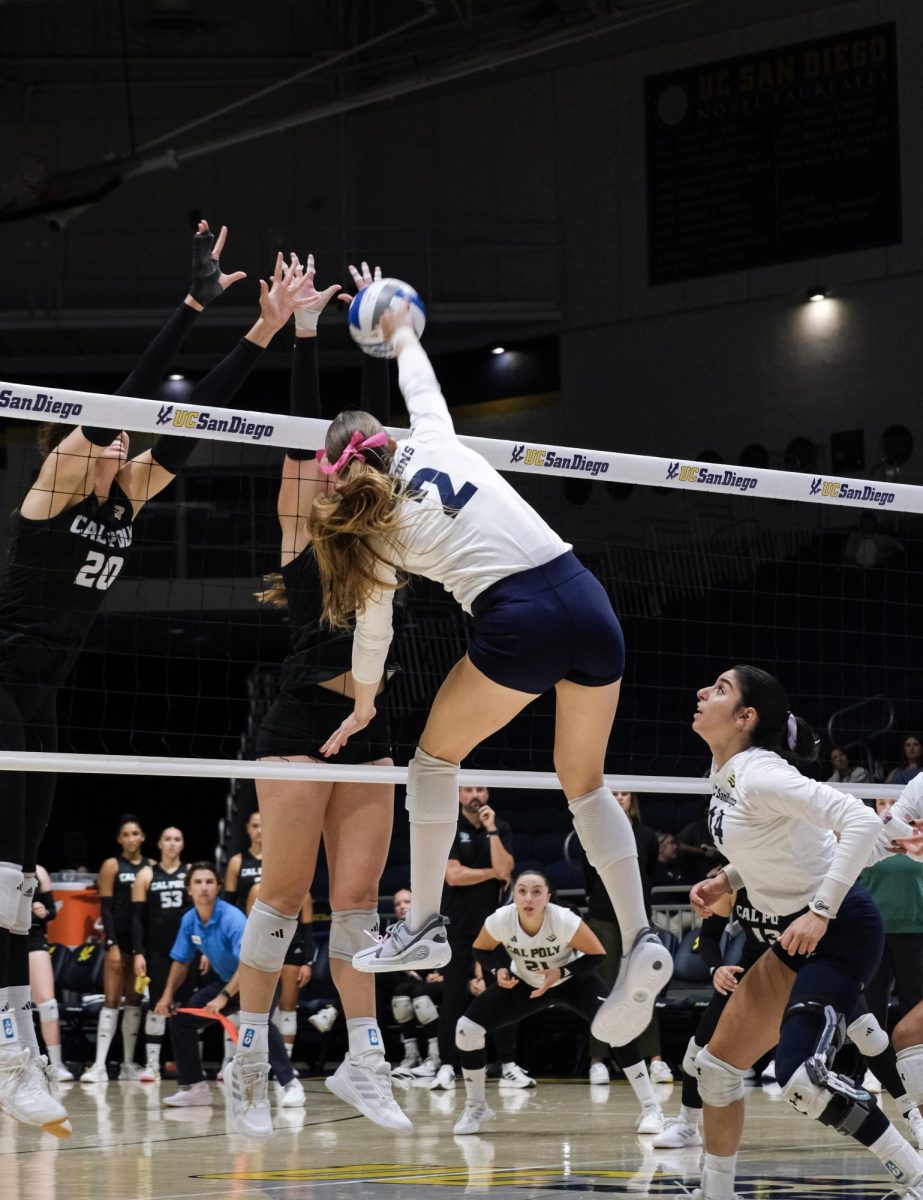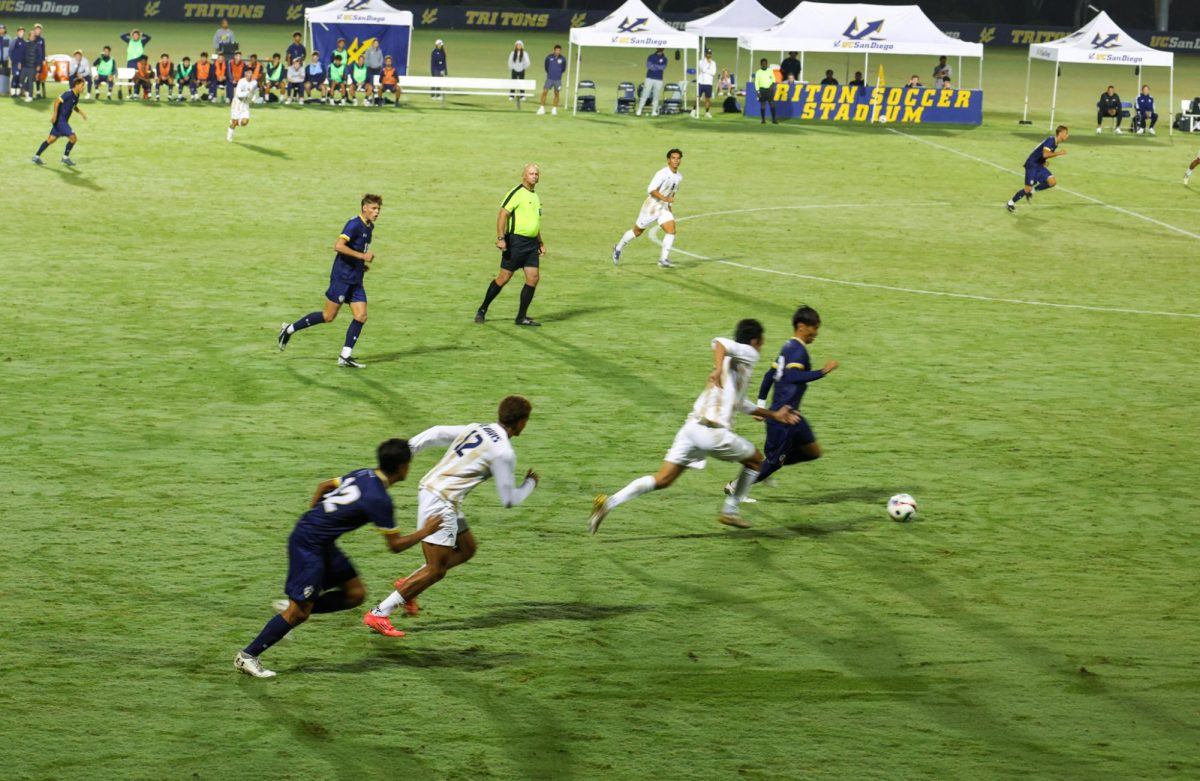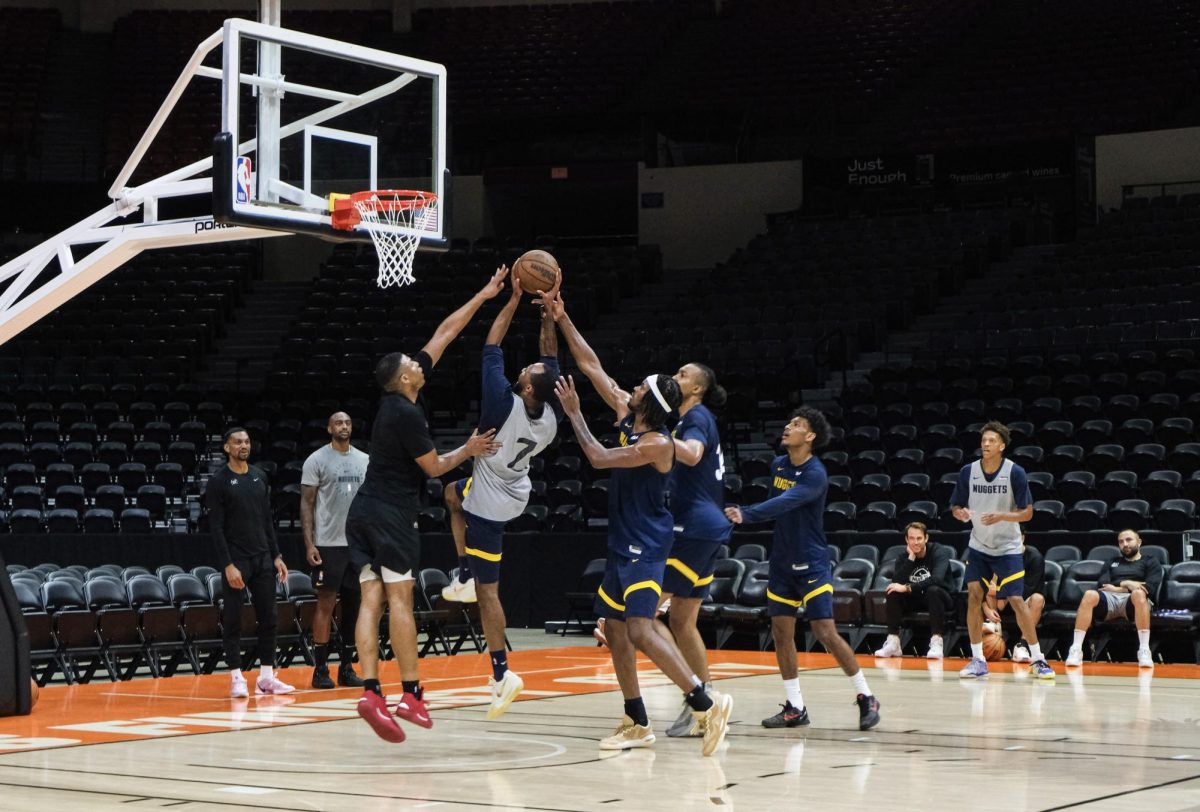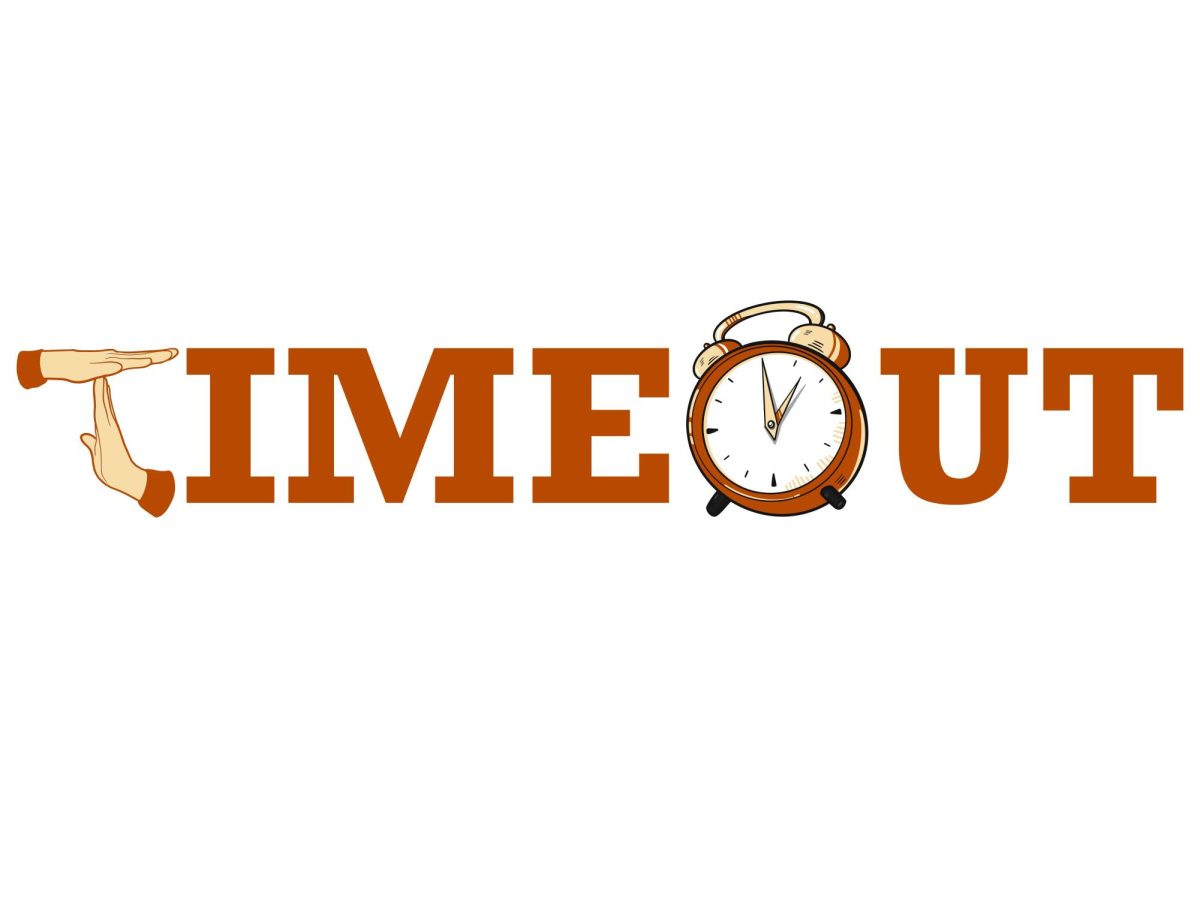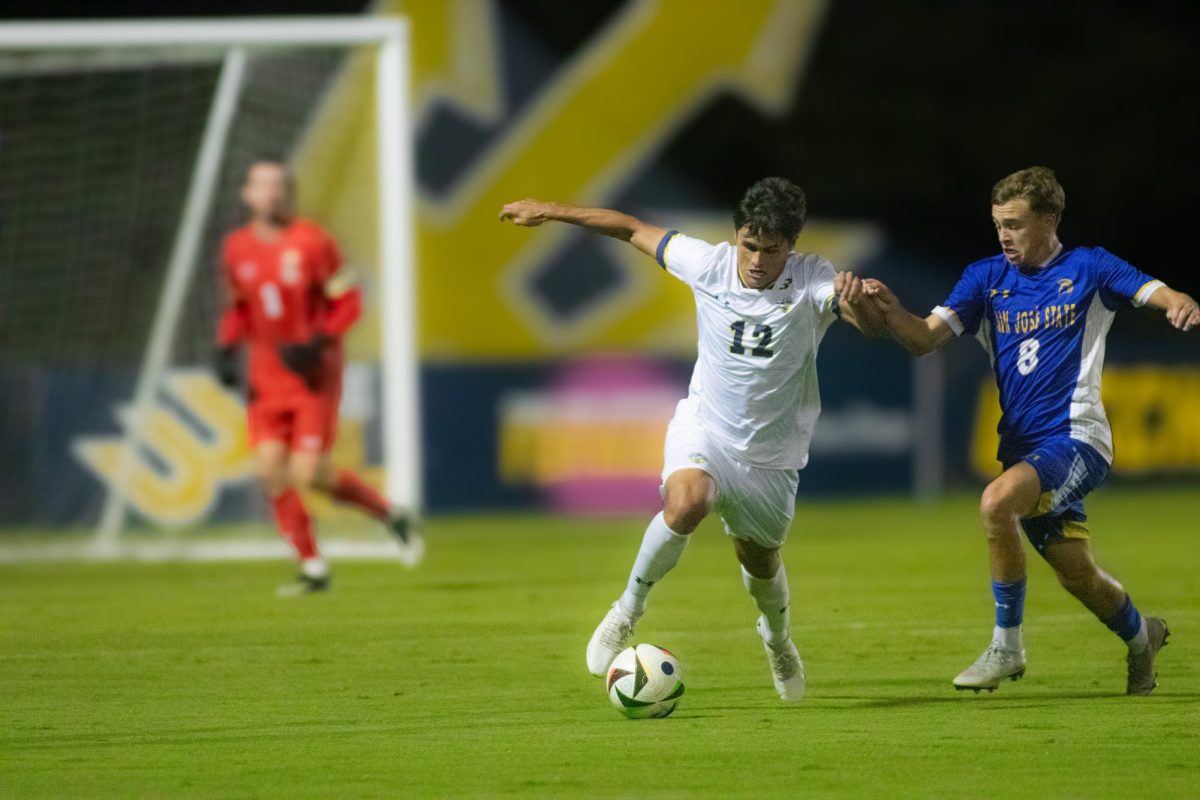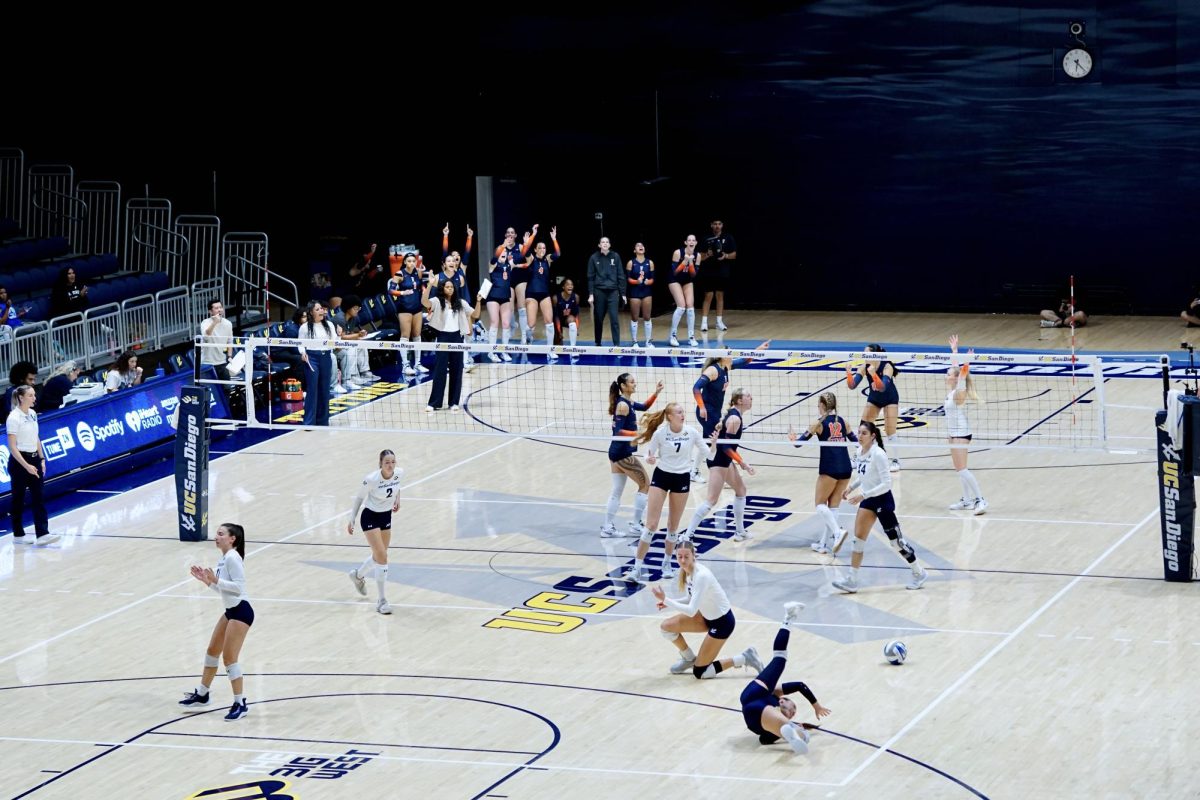Minnesota Timberwolves shooting guard Anthony Edwards’s response to the breaking news of Kevin Durant’s signing with the Phoenix Suns was, in a way, a perfect representation of the jaunty exuberance the former Georgia Bulldog terrorizes opposing teams with.
“They have KD, but we have Jaden McDaniels.”
In a vacuum, it is ridiculous to compare Jaden McDaniels to Kevin Durant. Durant is one of the most prolific scorers to grace the hardwood, featuring an elegant arsenal of offensive moves that, when paired with his 6’11 frame, make the former league MVP a bucket-getting unicorn unlike anybody else in NBA history. McDaniels, despite being a promising young player with great potential, averages 10 points per game. Not exactly Kevin Durant numbers. But Edwards, reflecting the veteran savvy that he innately possesses, noticed an opportunity to instill a positive note in the franchise and pounced.
“They have KD, but we have Jaden McDaniels.”
Basketball’s stars have created a comfortable, almost personal relationship with the consumer. Shaq was so dominant that his infectious energy sparked a media career that relies on dishing out many of the same “jabs and prods” that drove his on-court exploits. After MJ started selling Gatorade, Space Jam, and Air Jordans, Michael Jordan off the court intertwined with Michael Jordan on the court. Countless preteen birthday candles throughout 1990s America were extinguished along with a singular, shared wish…If I could be like Mike.
When players get nicknames or descriptions in the way they often do, the portraits are painted in a way that reflects the lasting impact left upon audiences. Tim Duncan’s game was the antithesis of flashy, so we call him the Big Fundamental. Dominique Wilkins’ style was high-flying, hence his nickname, The Human Highlight Reel.
However, when we blur the lines between sports and life, a sobering realization emerges. These superstars represent us. Maybe they don’t have to be our role models, as Charles Barkley would assert, but there’s an undeniable New York City ethos to Josh Hart leaping over opposing big men to track down gritty rebounds. Steph Curry’s fast-paced basketball revolution spurred by parabolic moonshots exudes a precise, Silicon Valley aura. And Kawhi Leonard proved that sports saviors do exist, in his magical Toronto Raptors championship run.
Creating narratives and letting them run free is fun, and appeals to the diehard basketball fan. Wilt vs. Russell. Bird vs. Magic. LeBron vs. Steph. It adds more fire to the competition, another angle to the fray, and for the most part, is relatively harmless…until it isn’t.
“Me and Smush (and Kobe),” a Grantland article by Rafe Bartholomew, provides one of the most personal perspectives on a topic that’s too often accepted as an “unfortunate reality” in sports: the “jerk” superstar. It details the long-lasting, one-sided beef between Laker legend Kobe Bryant and his one-time teammate Smush Parker, and describes how Kobe used his superstar platform not to uplift Parker, but rather to publicly excoriate him by ridiculing his accomplishments. The legacy that Kobe’s actions left on Parker’s name is something that Bartholomew laments as a childhood basketball teammate of Parker’s, who took pride in watching Smush’s rise through the New York circuits en route to a modest NBA career.
There’s a clip on YouTube of Kobe messing with Smush while they both sit on the Lakers bench. Smush was close to his career high in points scored in a game, and Kobe found it funny to pretend that the coach had called for Smush to go in the game. Kobe laughed loudly as Smush sheepishly realized he had been had. What some might characterize as a harmless joke doesn’t seem so funny when you consider that Kobe ultimately felt comfortable telling the media that Smush didn’t belong in the NBA.
This kind of behavior isn’t uncommon in sports. Lance Armstrong was one of the most accomplished cyclists in the world and a world-class jerk. Barry Bonds was the equivalent in baseball. Michael Jordan and Draymond Green both punched teammates in the face, and MJ was famously cold and distant to Kwame Brown, the young star Jordan drafted first overall during his tenure as Washington Wizards general manager.
The media enables this discourse with its perpetual desire to foster storylines. Jayson Tatum doesn’t have that alpha, goes one. Never mind that Tatum’s one of the league’s most professional stars, the best player on the best team in the East, and has consistently ventured deep into the Eastern Conference playoffs for coming up on a decade now (and has made it to the Finals as the best player on his own team).
He’s a fine NBA player, they say, but he’s not Kobe.
What exactly, then, does Jayson Tatum need to do to be Kobe Bryant? Expose one of his teammates’ extramarital affairs? Tell the media that Payton Pritchard is the worst player he’s ever had the misfortune of playing with? Ridicule and scoff at a video showing a few of his former teammates having fun in a postgame press conference in front of Jimmy Kimmel’s studio audience?
When Anthony Edwards and the Minnesota Timberwolves faced the Phoenix Suns and their new mercenary, Kevin Durant, in the first round of this year’s NBA playoffs, it came full circle. In Game 1, McDaniels only managed 9 points. But in Game 2, he exploded for 25 points as the Timberwolves took a 2-0 lead heading to Phoenix. Durant had a -24 +/- in the game. By then, the series was essentially over. Durant played well for the rest of the series, and McDaniels followed up a quiet Game 3 with a brilliant 18-point performance to sweep the Suns. KD was elite in Game 4, pouring in 33 points on 71% shooting.
Kevin Durant proved Anthony Edwards wrong and made it crystal clear that he was indeed a better player than Jaden McDaniels.
He also went home in 4 games.
Anthony Edwards understands something already in the infancy of his NBA career that Kobe Bryant was never able to comprehend. By sticking his neck out to make a definitive statement affirming his confidence in a young teammate, Edwards is a different kind of superstar — one that doesn’t need to demean his teammates in misguided attempts to ostensibly build their character. For a franchise allergic to playoff success, Edwards’ comment is what galvanizes a squad looking to knock off the defending champs, building chemistry and character between a group of guys hooping together against the world. But more than anything, it reaffirms the realization facing the basketball world exuded by the cheerful game of Minnesota’s charismatic superstar.
You don’t need to be a jerk to be a superstar.


